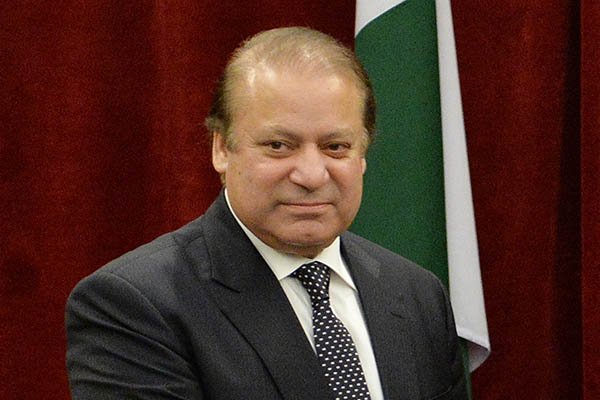As Pakistan braces for its general elections scheduled for February 8, the political landscape is charged with anticipation, especially considering the historical context of strained relations with neighboring India. The election features three prominent contenders for the position of Prime Minister, each with a distinct political background and a unique stance on India that could shape the trajectory of bilateral relations.
Firstly, Nawaz Sharif, a seasoned politician and leader of the Pakistan Muslim League-Nawaz (PML-N), stands out as a three-time former Prime Minister. Despite facing ouster from power on each occasion, Sharif has maintained a consistent call for peace in the region. In his party’s manifesto, he promises a ‘Message of Peace’ to India, contingent upon New Delhi’s reconsideration of the August 2019 decision on Kashmir. Nawaz Sharif’s tenure saw efforts towards rapprochement with India, highlighted by Prime Minister Narendra Modi’s surprise visit to Pakistan during his leadership, the first such visit in over a decade.
Secondly, Bilawal Bhutto-Zardari, the charismatic leader of the Pakistan Peoples Party (PPP), brings a familial legacy to the political arena, being the son of the late Benazir Bhutto. Bilawal, though currently the chairman of PPP, served as Pakistan’s youngest foreign minister in 2022. His stance on India appears more confrontational, evident in his criticism of India hosting a tourism conference in the disputed region of Kashmir. He accused India of “abusing” its G20 presidency and objected to the abrogation of Article 370. In the face of the India-Canada diplomatic row, Bilawal Bhutto-Zardari labeled India a “rogue Hindutva terrorist state” and referred to Prime Minister Narendra Modi as “the butcher of Gujarat.”
Thirdly, while not directly participating in the upcoming elections, the influence of former Prime Minister Imran Khan, leader of the Pakistan Tehreek-e-Insaf (PTI), looms large. Despite being barred from contesting due to legal issues and facing a series of jail sentences, Imran Khan’s PTI won the 2018 general election. Imran Khan’s approach toward India has been marked by a quid-pro-quo mindset, suggesting a roadmap for Kashmir from India in exchange for diplomatic engagement. During his term, Khan urged India to “give peace a chance,” welcomed a ceasefire agreement, and expressed readiness to resolve outstanding issues through dialogue.
The outcome of the general elections will undoubtedly have far-reaching implications for India-Pakistan relations. Nawaz Sharif’s potential return to power hints at a continuation of efforts for normalization and trade ties between the two nations. In contrast, Bilawal Bhutto-Zardari’s confrontational stance raises questions about the future of dialogue and cooperation. Imran Khan’s indirect role, despite his legal constraints, could still shape the narrative, given his influence in Pakistani politics.
The upcoming elections in Pakistan carry significant weight for the region’s geopolitical landscape. The stances of key candidates on India will likely influence the future dynamics between the two neighboring nations, impacting issues such as Kashmir and broader bilateral relations. As voters cast their ballots, the direction of Pakistan’s leadership will unfold, shaping the course of diplomatic engagements and regional stability. The world watches closely as Pakistan navigates this critical juncture in its political journey.
